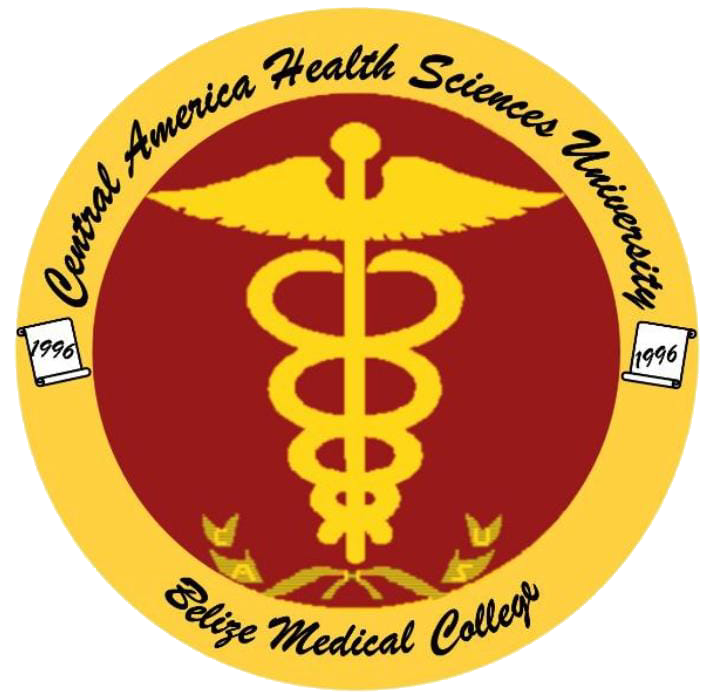SECOND SEMESTER:
- PHYSIOLOGY
- 120 HOURS
Physiology is the study of function encompassing all levels of organization – from the molecular level through the whole organism. Physiology utilizes fundamental principles of physics, physical chemistry, and biochemistry to understand the body’s regulatory mechanisms. Importantly, physiology is not just a collection of facts but is an ordered analytical process – the same process used by physicians and surgeons to analyze pathophysiology of disease. The Medical Physiology course is designed to teach you how to think with a physiological perspective, in addition to teaching you the factual components of functional mechanisms. The lectures are designed to help students organize and integrate into a total picture the major elements and concepts that constitute human physiology.
- MICROBIOLOGY
- 80 HOURS
This Microbiology course provides learning opportunities in the basic principles of medical microbiology and infectious disease. It covers mechanisms of infectious disease transmission, principles of aseptic practice, and the role of the human body’s normal microflora. The biology of bacterial, viral, fungal, and parasitic pathogens as well as the diseases they cause are covered. Relevant clinical examples are provided. The course provides the conceptual basis for understanding pathogenic microorganisms and the mechanisms by which they cause disease in the human body. It also provides opportunities to develop informatics and diagnostic skills, including the use and interpretation of laboratory tests in the diagnosis of infectious diseases.
- NEUROANATOMY
- 60 HOURS
The Neuroanatomy Course covers various topics related to the structure and the function of the central and the peripheral nervous systems. Topics will include basic concepts in neurophysiology, neurodevelopment, neurochemistry, gross and micro-neuroanatomy, neuroimaging methods, functional systems, and neuropathology. Regional neuroanatomy will be combined with functional importance of neural systems. Thus, the student should come away with a thorough knowledge of both the structure of the nervous system and how the nervous system works to impact behavior.
- EMBRYOLOGY
- 40 HOURS
The Human Genetics course is designed to introduce fundamental concepts and technological advances in the study of human genetics as they pertain to medical practice. Each of the major subspecialties will be addressed:
- Cytogenetics
- Molecular genetics
- Biochemical genetics
- Clinical genetics
- Genetic counseling
Reproductive and perinatal genetics is introduced but will be covered in depth during the third year core clerkship rotation in Obstetrics, Gynecology, and Reproductive Sciences
- IMMUNOLOGY
- 40 HOURS
Immunology concerns the host’s defense against infections and cancer. The Immunology & Allergy course covers the cellular and molecular mechanisms by which pathogens and cancerous cells are recognized and eradicated, and how pathogens and tumors attempt to escape elimination.
- BEHAVIORAL SCIENCE
- 40 HOURS
The Behavioral Sciences course is the study of human behavior as it relates to health and medicine. This course encompasses the science of human behavior in as it relates to the practice of medicine and compliance to treatment. The basis of psychological development and the impact of psychological stressors are presented. In addition, specific psychiatric disorders, which will be presented in detail in the Psychiatric course later in the medical school curriculum, will be introduced during this course.
- EPIDEMIOLOGY
- 60 HOURS
The Epidemiology and Public Health course covers application of epidemiologic procedures to the understanding of the occurrence and control of conditions such as infections and chronic diseases, mental disorders, community and environmental health hazards, accidents, and geriatric problems.
- NUTRITION
- 20 HOURS
The Nutrition course is designed to provide students with an overview of the clinical aspects of nutrition. This course incorporates and relates material learned in the basic science courses, including biochemistry, physiology and pathology to the diseases associated with disturbances in homeostasis consequent to inappropriate nutritional status. Included in this course is an introduction to nutritional requirements, and the diagnosis and treatment of diseases that result from a poor nutritional status.



